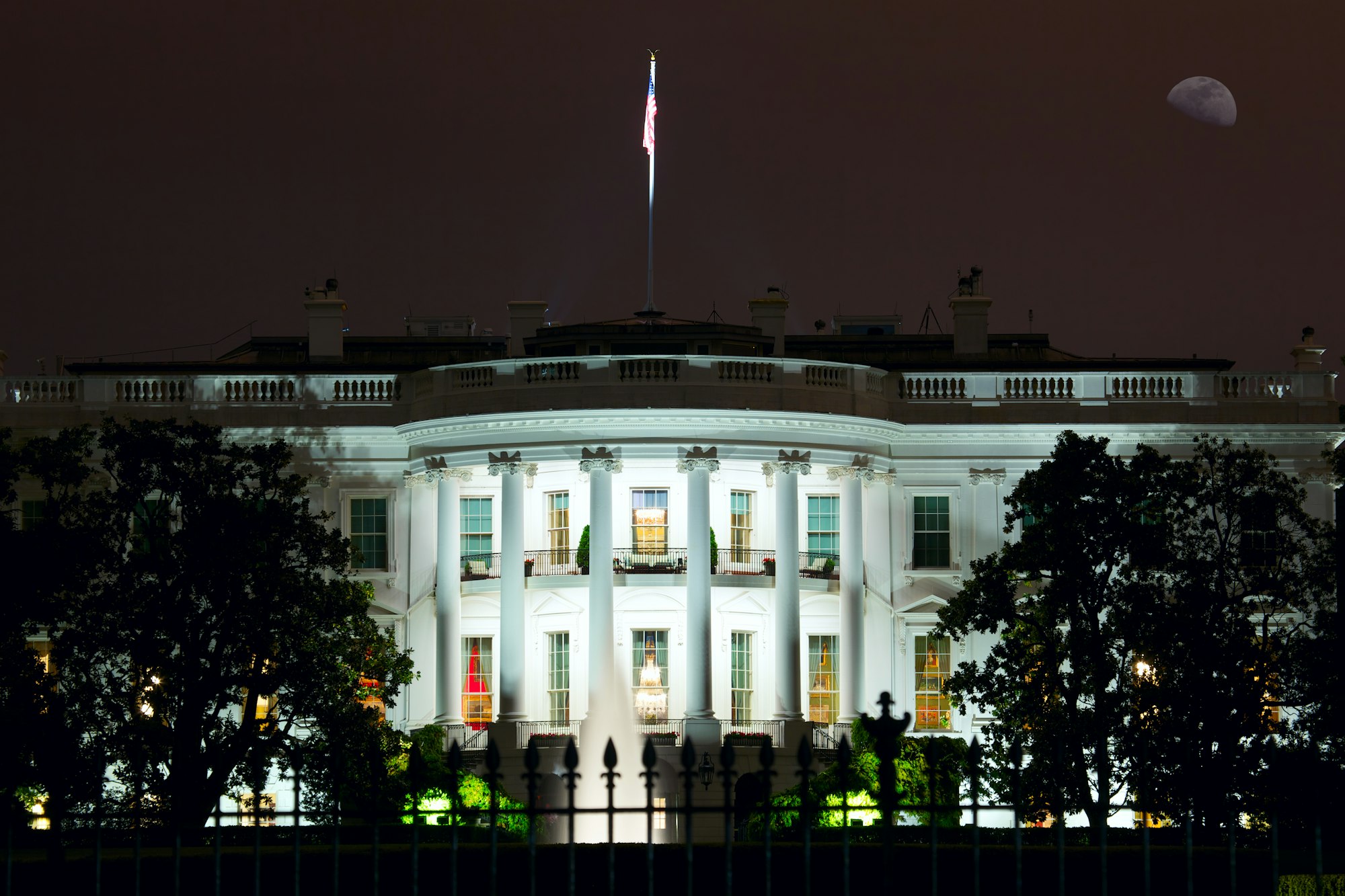Elon Musk, the CEO behind big names like Tesla and SpaceX, is no stranger to stirring up drama on social media. Recently, one of his tweets, which seemed to joke about assassination, caught a lot of attention and even got a response from the White House.

What Happened?
On September 16, 2024, Musk tweeted something that many found alarming. He hinted that if anyone wanted to “assassinate” him, they knew where to find him. He later deleted this tweet, but not before it caused a stir among his 155+ million followers and others. Given America’s history with violence against public figures, his words were taken seriously.
The White House quickly responded, criticizing Musk for his words. They said it was irresponsible for someone with his level of influence to make such statements, especially when the country is dealing with a lot of political tension and the risk of people being radicalized online.
Why Does This Matter?
Musk is a major player in both business and technology. His words can affect stock prices, sway public opinion, and even impact national security since his companies work closely with government bodies like NASA.
His tweet also raises concerns about the impact of social media on radical behavior. Musk may not have meant his words to be taken seriously, but the reality is that online language can quickly incite real-world actions. This is particularly risky when it comes to threats or violence against well-known people.
Moreover, Musk now owns the social media platform X (formerly Twitter), and he prefers less strict rules about what can be posted. Some worry this could lead to more harmful content circulating freely.
White House Weighs In
The quick reaction from the White House shows they’re worried about the potential fallout from such statements by influential figures. While they didn’t call for legal action against Musk, their strong statement served as a warning about the responsibility that comes with having a huge online following.
Musk’s Reaction
Musk is known for not taking criticisms too seriously, often brushing off media reactions as overblown. After deleting the tweet, he didn’t apologize but made a few more posts suggesting the media was making a bigger deal out of the situation than necessary.
What This Means for Social Media
This incident shines a light on the tricky balance social media platforms must maintain. Since Musk controls X, there’s a question of whether the platform can impartially moderate content, including Musk’s own posts. If the owner can post controversial content without consequences, it might set a worrying example.
Concerns About Musk’s Safety
Musk’s tweet also highlights security issues. Being a public figure with significant wealth and influence, Musk is already at risk of being targeted. While his tweet might have been meant as a joke, it could encourage dangerous individuals.
This situation shows the importance of thinking before tweeting, especially for those with a large following. In today’s connected world, even a casual comment can have unexpected and far-reaching effects.

FAQ: Elon Musk’s Controversial Tweet
1. What was Elon Musk’s controversial tweet about?
Elon Musk tweeted a message implying that if someone wanted to “assassinate” him, they would know where to find him. This tweet was later deleted due to the serious nature of the content and the widespread alarm it caused.
2. How did the White House respond to Musk’s tweet?
The White House quickly criticized Musk’s tweet, highlighting that such statements from a public figure with significant influence are irresponsible and dangerous, especially in the current climate of political tension and potential online radicalization.
3. What are the implications of Musk owning and controlling the social media platform X?
Musk’s ownership and control of X (formerly Twitter) raise concerns about potential conflicts of interest in content moderation. Critics worry that his position could prevent impartial enforcement of the platform’s rules, especially if the owner himself posts controversial content without facing repercussions.
Sources The Guardian


